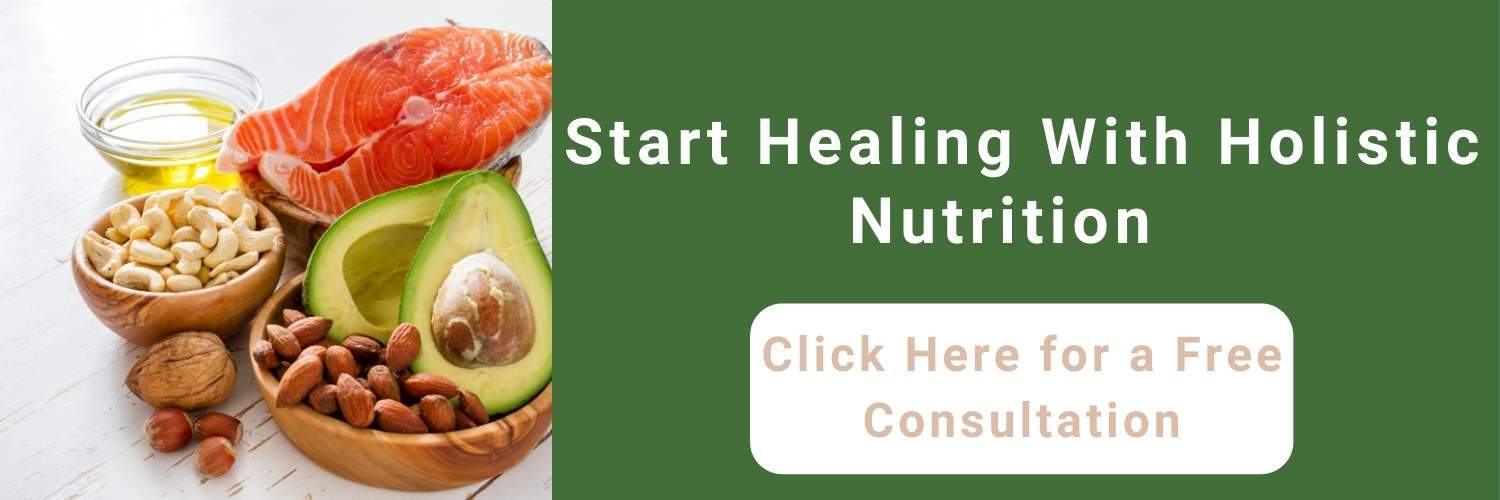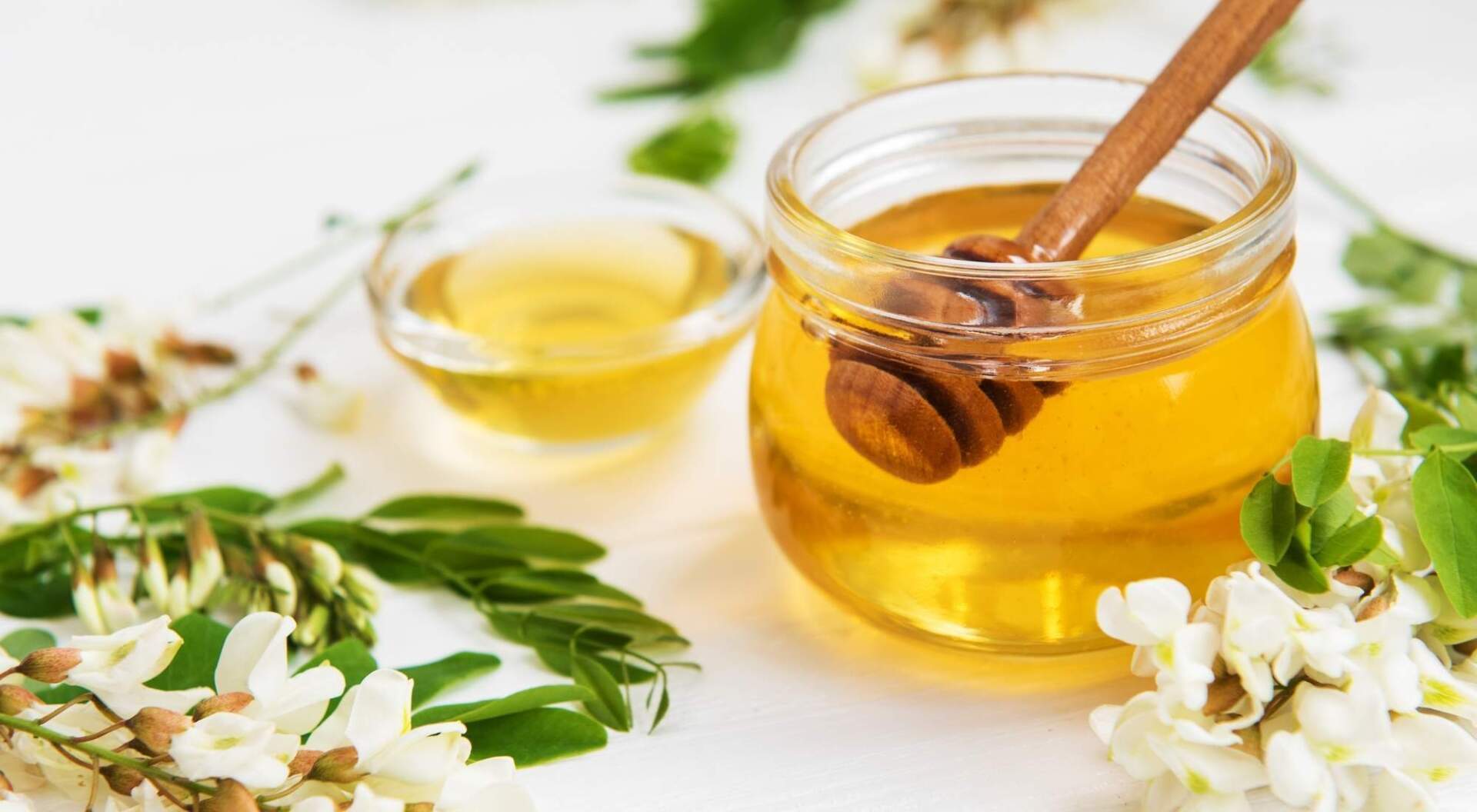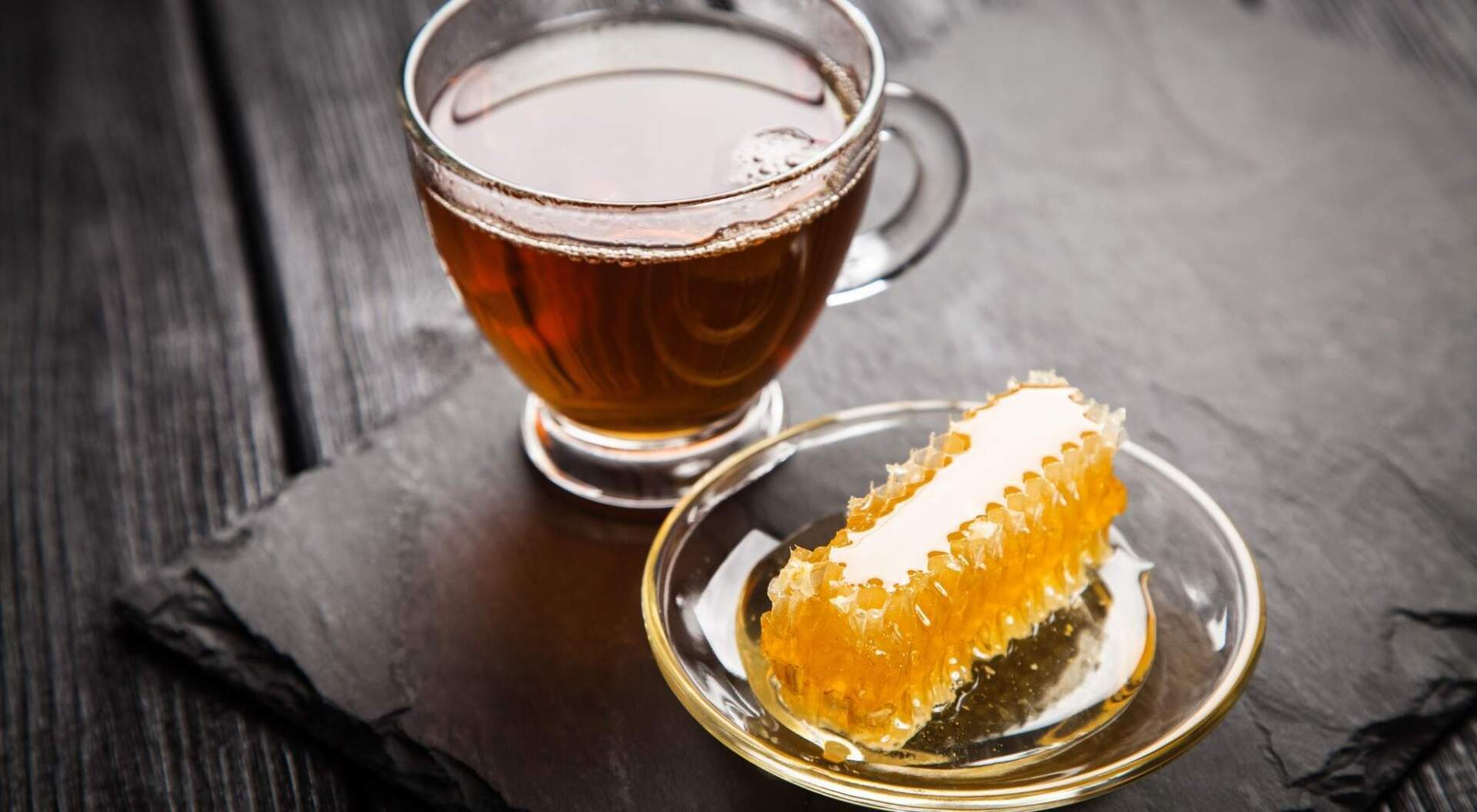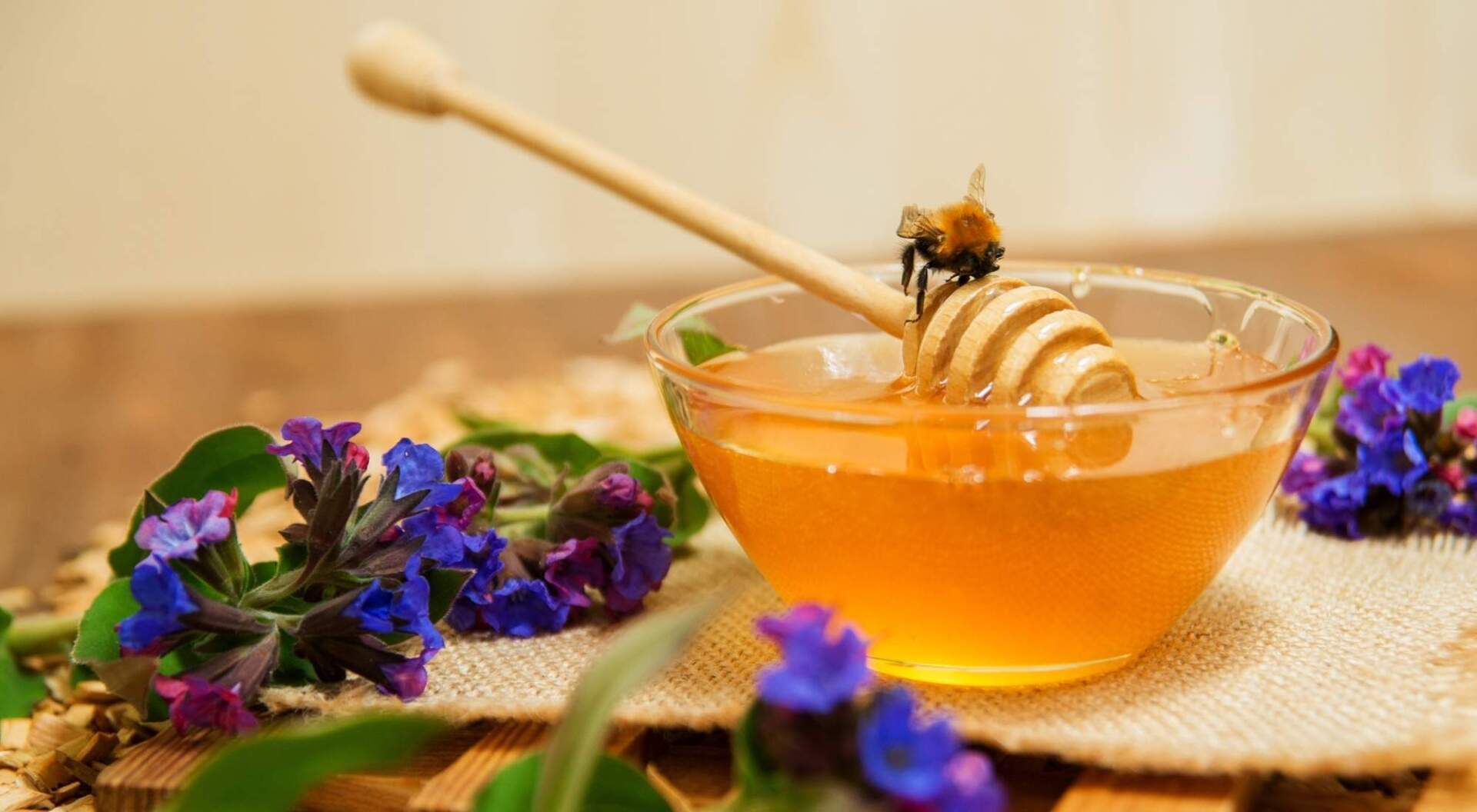Is Honey A Superfood? Top 5 Benefits of Adding Honey to Your Diet
"The content below is not intended to be a substitute for professional medical advice, diagnosis, or treatment. Always seek the advice of your physician or other qualified health provider with any questions you may have regarding a medical condition."
Superfoods are all the rage.
And honey is right at the top of the list.
But does honey really possess superfood qualities?
Or is it just the hype of another slick marketing campaign?
In this guide, we’ll learn all about honey and find out just how beneficial honey can be to your health.
Table of Contents
- Raw Honey vs. Pasteurized Honey—What’s the Difference
- Color Matters: Dark Honey vs. Light Honey
- Is Honey a Superfood?
- How is Honey Beneficial? The Top 6 Benefits of Honey
- Best Way to Determine if Honey is a Superfood? Incorporate it Into Your Diet
- Is Honey a Cure-All?
- Risk Factors of Consuming Honey
- Looking For More Nutrition Tips? HealthierU Can Help
Raw Honey vs. Pasteurized Honey—What’s the Difference?
What’s the big deal?
Honey is honey, right?
Nope.
There are two forms of honey, raw and pasteurized.
Pasteurized honey goes through a process that kills any yeast that might be found in the honey, making it smooth, clear, and aesthetically pleasing. Pasteurized honey:
- Is heated to 160 degrees
- Undergoes ultrafiltration
- Is resistant to crystallizing during storage
- Contains a low number of enzymes, vitamins, minerals, and amino acids.
- May have added sweeteners such as high fructose corn syrup or sugar
Raw honey comes straight from the beehive and:
- Can be unfiltered or filtered (which removes most of the tiny particles, pollen grains, bits of wax, bee parts, and any other materials normally found in the honey)
- Contains approximately 22 amino acids, 31 assorted vitamins and minerals, and nearly 30 different kinds of bioactive plant compounds
- Tends to crystallize over time
It’s easy to see that raw honey is the preferred choice when it comes to natural health benefits.
Color Matters: Dark Honey vs. Light Honey
Have you ever been strolling down the aisle at the grocery store and noticed all the different shades of honey?
Did you wonder if there might be some correlation between the different colors of honey and the nutritional value of each?
There is.
For starters, the variance in color can depend on the season of the year and the type of plants the bees are visiting.
For example, in the spring the bees may be gathering the nectar of honeysuckle flowers, peach blossoms, or green clover.
A few months later the bees will be feasting on summer flowers such as hostas, cosmos, and blueberries and blackberries blossoms.
In the fall, bees will be buzzing amongst goldenrod, calendula, aster, and even broccoli blooms.
The difference in available flowers affects the honey's depth of color.
Also, as a general rule, the darker the honey, the stronger the flavor.
Whereas lighter colored honey tends to be milder in taste.
Dark honey also contains more…
- Nutrients
- Vitamins
- Minerals; and
- Antioxidants
Is Honey a Superfood?
Talk of superfoods is everywhere.
T.V. commercials.
Magazine articles.
Grocery displays.
The word is rampant.
But what exactly is a superfood?
According to the Merriam-Webster Dictionary , a superfood is a food rich in compounds considered beneficial to a person's health .
Is there evidence that honey is a superfood?
Let’s take a look.
How is Honey Beneficial? The Top 6 Benefits of Honey
Just a little research will show you the innumerable health benefits of honey.
Let's take a look at the top six.
#1: Honey is Known As An Anti-Inflammatory
How is honey beneficial when dealing with inflammation within your body?
A 2014 study showed that “ honey reduced the activities of cyclooxygenase-1 and cyclooxygenase-2, thus showing anti-inflammatory effects.”
The study went on to reveal that “in an inflammatory model of colitis, honey was as effective as prednisolone treatment. While NSAIDs and corticosteroids may have many serious side effects”
Pretty impressive, right?
But the benefits of honey don’t stop there.
#2: Honey is Soothing
Your Granny was right.
Honey is the perfect remedy for soothing an aching throat or kicking a hacking cough.
Add it to a mug of hot tea with a squeeze of lemon and you have a healthy drink that is yummy any time of day.
How is honey beneficial for a sore throat or a cough?
The anti-inflammatory properties found in the honey calms the nerves in your throat as it makes contact and provides that blessed, soothing sensation.
Honey is also a champ when you’re fighting an upper respiratory infection.
In a study printed in the National Library of Medicine, 105 children between the ages of 2 and 18 all had symptoms of upper respiratory tract infections, which included nighttime coughing.
Thirty minutes before bedtime the children were given either a dose of buckwheat honey, a dose of a cough suppressant known as dextromethorphan, or no treatment at all.
What was the result?
Drumroll, please...
The parents decisively chose the buckwheat honey as the winner for symptomatic relief of their children’s nighttime complications from an upper respiratory infection.
And sweet news, honey tastes a lot better than any cough syrup you'll find on the drug store shelves.
#3: Honey Has Antibacterial/Antifungal Properties
Raw honey's antibacterial and antifungal properties also make it a terrific choice for wounds and burns.
How is honey beneficial?
The antibacterial properties of raw honey include the r elease of low levels of hydrogen peroxide, which kills bacteria.
And there’s more.
Honey has also been shown to inhibit around 60 types of bacteria.
Manuka honey, a type of honey produced in New Zealand, has even been shown effective in the treatment of staphylococcus aureus , also known as MRSA.#4: Honey is Packed With Antioxidants
Antioxidants are substances that protect your body from the damage caused by free radicals.
Free radicals are molecules that are naturally produced as your body breaks down food or any time you're exposed to hazardous chemicals.
You’ll find all sorts of natural antioxidants present in raw honey including:
- Flavonoids
- Phytochemicals
- Ascorbic acid
- Polyphenol compounds
- Vitamin C
- Vitamin E
- Enzymes such as catalase and peroxidase
- Carotenoid derivatives
- Trace elements
Some types of honey even rival fruits and vegetables in antioxidant content.
Now that’s impressive.
#5: Honey is Full of Phytonutrients
are compounds produced by plants.
Foods with phytonutrients are full of antioxidants and anti-inflammatory benefits.
Phytonutrients are known for:
- Boosting your immunity
- Repairing your cells and DNA
- Detoxifying your body
- Revving your metabolism
Honey’s anti-cancer and immune-boosting benefits are directly related to these phytonutrient powerhouses.
#6: Honey and Seasonal Allergies
Did you know that eating local, raw honey can help relieve your seasonal allergies?
You may be able to say goodbye to allergy shots forever.
How is honey beneficial for seasonal allergies?
On average, honey bees fly about two miles away from their hives as they search for nectar, sampling most everything along the way.
As bees buzz from flower to flower, bits of flower pollen is collected on their feet and carried back to the hive.
Thus, honey gathered from local hives contains the pollen from the surrounding area.
By starting with small amounts of local honey and increasing your dose little-by-little, you can build an immunity to the pollen that usually has you sneezing and wheezing all season long.Best Way to Determine if Honey is a Superfood? Incorporate it Into Your Diet
They say the proof is in the pudding.
In this case, it's in the honey.
Is honey a superfood?
Try some of these ideas and see if you think honey lives up to the superfood status:
- Stir it into your coffee or tea
- Make a honey marinade for fish or chicken
- Add it to your morning oatmeal
- Sip honey and lemon next time you have a sore throat
- Use it to sweeten your cold pressed-juice
- Make your own honey mustard salad dressing
- Slather it over a piece of peanut butter-covered bread
- Make a yummy honey lemonade
Are you looking to learn even more about a healthy diet?
HealthierU Nutrition & Chiropractic would love to help!
Our passion is helping you learn how to become your healthiest self.
Is Honey a Cure-All?
We have talked about the multitude of benefits that can come from honey.
But are there situations in which consuming honey might not be quite so healthy?
Here are a couple of circumstances you’ll want to be sure to consider:
Risk Factors of Consuming Honey
While honey has tremendous benefits, it’s important to note that although it’s better for you than many other sweeteners, honey is still high in sugar and should be consumed in moderation.
People with conditions such as diabetes need to be particularly careful when consuming honey as it can have a negative effect on their blood sugar.
And although it's not common, some individuals may have an allergy to bee pollen.
In that case, the consumption of honey could be super dangerous and should be avoided altogether.
Be sure to seek immediate medical attention if you encounter any of the following symptoms:
- Asthma or wheezing
- Dizziness
- Nausea or vomiting
- A rash
- An irregular heart rhythm
- Fainting
- Excessive sweating
- A sensation of stinging after using honey topically
It's also very important to note that children under the age of one should never, ever be given honey.
Not even a tiny taste.
Infant botulism is a rare gastrointestinal condition that can occur in babies under one year of age.
Infant botulism symptoms include:
- Overall floppiness
- Muscle weakness
- Difficulty breathing
- Trouble swallowing
- A lack of eye focus
- Difficulty feeding
- A lack of facial expression
- A decrease in movement
- Excessive drooling
- Slowing of reflexes
But there’s great news, too.
Once a baby has reached a year of age their digestive system is ready to handle all the goodness honey has to offer.
Looking For More Nutrition Tips? HealthierU Can Help
Would you like to learn even more about the foods that benefit your body?
HealthierU can help.
Our Nutrition Response Testing (NRT) can help you find out what foods may be causing:
- Inflammation
- Hormonal imbalances
- Food sensitivity
- Nutritional deficiencies
- Toxicity within your body
At HealthierU we don't just slap on a Band-Aid and send you on your way.
We specialize in helping you find a holistic approach to health.
Unlike traditional medicine, we're committed to getting to the root cause of your symptoms by creating a personalized plan that eliminates the symptoms for good.
Our Nutrition Response Testing and Chiropractic Care place the emphasis on mind and body to gain overall balance.
Are you ready to feel like a new you?
Click the link below and take charge of your health.






